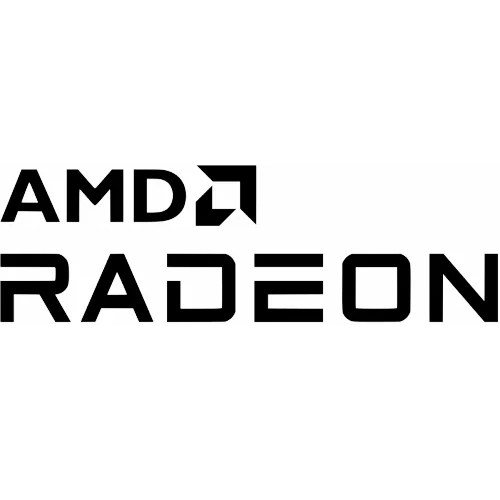Porting Of Changes/Fixes From AMDVLK To RADV Vulkan Driver Begins

Back from his Christmas break, earlier today David Airlie posed some questions to AMD about the future of AMDVLK. Previously he indicated that he would continue RADV now regardless of AMD's open-source actions, but we'll see what ends up happening over the weeks/months ahead. Among his questions were how the AMDVLK development process will be handled at AMD, how AMD will be engaging with the open-source community, the development process for new Vulkan functionality, etc.
After posting those questions, Airlie posted the first three patches in porting some changes from AMDVLK to the RADV Mesa driver. The changes so far include some updated register defines, setting the minimum uncompressed block size properly for APUs, and updated handling of DCC parameters.
These patches today aren't really interesting, but the game is on with RADV developers now beginning their trek through the massive AMDVLK/XGL code-base... It will certainly be interesting to see what optimizations they may discover or new features added as we move into the new year. Nothing like some friendly open-source driver competition and the best shall prevail: this isn't the first time it has happened if counting the older days with RadeonHD vs. ATI, Avivo vs. ATI, and to a lesser extent R600c vs. R600g.
This weekend I posted some preliminary RADV vs. AMDVLK vs. AMDGPU-PRO Vulkan tests while tomorrow I should have more detailed Vulkan benchmarks completed on a wider Radeon line-up.
21 Comments

